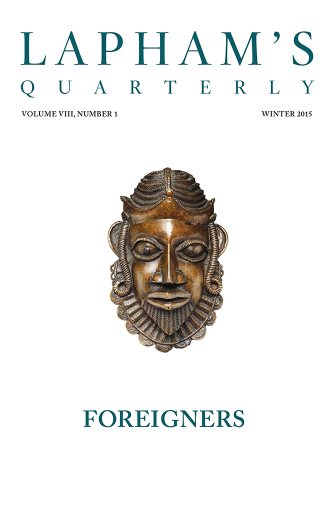My Brother,
I enclose the constitution for your kingdom. It embodies the conditions on which I renounce all my rights of conquest, and all the claims I have acquired over your state. You must faithfully observe it. I am concerned for the happiness of your subjects, not only as it affects your reputation, and my own, but also for its influence on the whole European situation. Don’t listen to those who say that your subjects are so accustomed to slavery that they will feel no gratitude for the benefits you give them. There is more intelligence in the Kingdom of Westphalia than they would have you believe; and your throne will never be firmly established except on the trust and affection of the common people. What German opinion impatiently demands is that men of no rank, but of marked ability, shall have an equal claim on your favor and your employment, and that every trace of serfdom, or of a feudal hierarchy between the sovereign and the lowest class of his subjects, shall be done away. The benefits of the Code Napoléon, public trial, and the introduction of juries, will be the leading features of your government. And to tell you the truth, I count more on their effects, for the extension and consolidation of your rule, than on the most resounding victories. I want your subjects to enjoy a degree of liberty, equality, and prosperity hitherto unknown to the German people. I want this liberal regime to produce, one way or another, changes that will be of the utmost benefit to the system of the confederation, and to the strength of your monarchy. Such a method of government will be a stronger barrier between you and Prussia than the Elbe, the fortresses, and the protection of France. What people will want to return under the arbitrary Prussian rule once it has tasted the benefits of a wise and liberal administration? In Germany, as in France, Italy, and Spain, people long for equality and liberalism. I have been managing the affairs of Europe long enough now to know that the burden of the privileged classes was resented everywhere. Rule constitutionally. Even if reason and the enlightenment of the age were not sufficient cause, it would be good policy for one in your position; and you will find that the backing of public opinion gives you a great natural advantage over the absolute kings who are your neighbors.
A letter to Jérôme Bonaparte. Having established the Kingdom of Westphalia in 1807 in Germanic territory east of the Elbe River, Napoleon appointed as its monarch his youngest brother, Jérôme, who left his wife, a young American heiress, for an arranged dynastic marriage with Princess Catherine of Württemberg. Napoléon hoped Westphalia might serve as a model satellite state, but it went bankrupt within a few years and, after Napoleon’s defeat in the Battle of Leipzig, was taken over by Prussia in 1813.
Back to Issue





